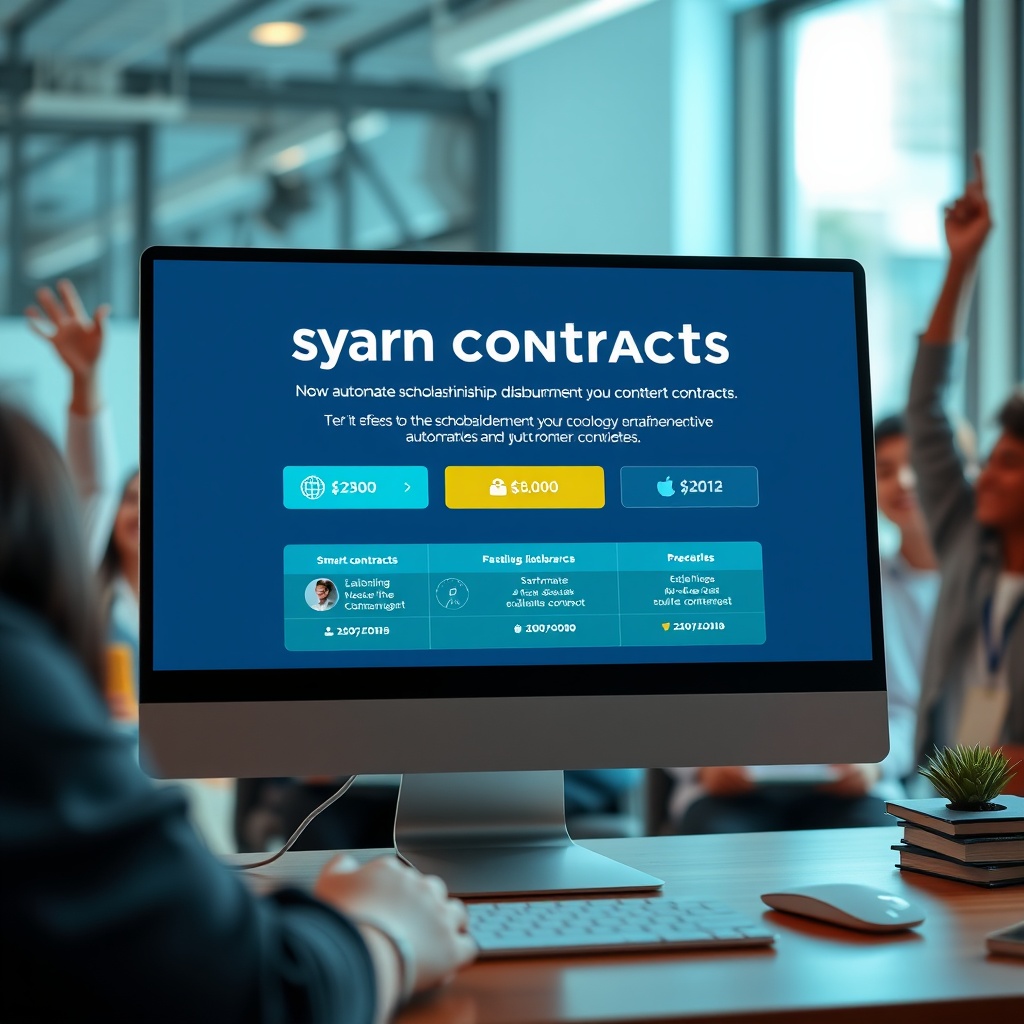Understanding Smart Contracts

In the realm of modern finance and technology, smart contracts stand out as a pivotal innovation. These self-executing contracts, with the terms of the agreement directly written into code, eliminate the need for intermediaries, ensuring transactions are conducted swiftly and securely. In the context of scholarship disbursement, smart contracts offer a transformative approach that can streamline processes and enhance transparency for both educational institutions and students.
Benefits of Using Smart Contracts in Scholarship Disbursement
Transitioning to smart contracts for scholarship disbursement presents numerous advantages. Educational institutions can automate and optimize the allocation of funds, reducing administrative overhead while minimizing the risk of fraud. Furthermore, this technology enables real-time tracking of funds, ensuring that students receive their scholarships without unnecessary delays. The following list outlines the key benefits:
- Efficiency: Automated execution reduces processing time.
- Transparency: Every transaction is recorded on a blockchain, ensuring accountability.
- Cost-effectiveness: Minimization of administrative costs related to manual processing.
- Security: Cryptographic protocols safeguard sensitive information.
- Accessibility: Global reach facilitates scholarships for diverse populations.
Challenges and Considerations
Despite the myriad benefits, the adoption of smart contracts in scholarship disbursement is not without challenges. Institutions must navigate the complexities of blockchain technology and the legal implications surrounding digital contracts. Additionally, ensuring equitable access to technology for all students is essential to prevent further disparities in educational opportunities. Therefore, a comprehensive strategy that incorporates these considerations will be vital for successful implementation.





